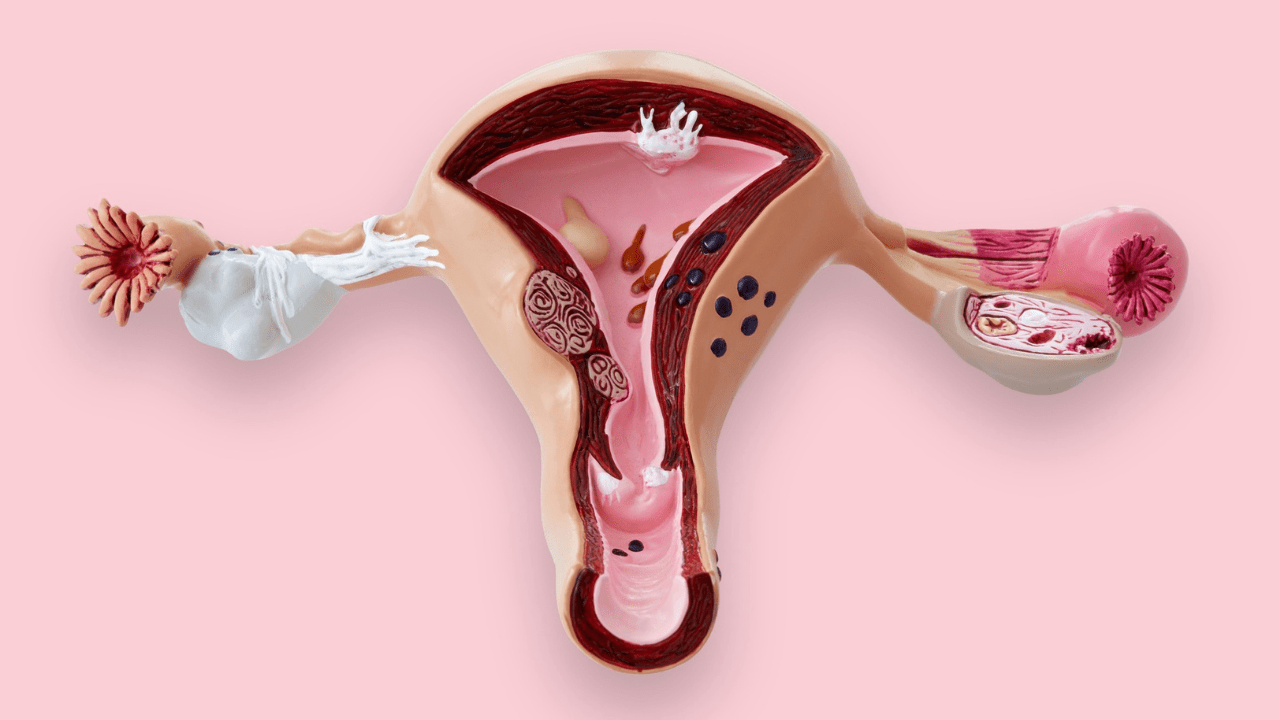Did you know by the age of 60, about one in three women in the US will have had a hysterectomy? A hysterectomy is a surgical procedure that removes a woman’s uterus with or without the ovaries. What? 1 in 3? 33 women out of 100 need a hysterectomy?

That’s mind-blowing because up to 40% of these surgeries are not needed, which means 14 of these 33 women may not actually need to have the surgery. You might think, well, at that point in my life, I’m done having children. Why should I care?
Well, here’s the thing. First, your body will go into early menopause even if a woman retains her ovaries. The menopause can come four to five years earlier in women who have had their uterus removed. Without the uterus, blood flow to the ovaries might be disrupted, preventing them from properly producing hormones. And if the ovaries are removed, hormones will plummet cold Turkey, which means you’ll suffer immediately the consequences of hormone imbalance and menopause.
Second, your organs have their place in the body. There is an order. Take the uterus out, and what happens to that space? Without the uterus, pelvic organs like the bladder may sag into your vagina, a condition known as pelvic organ prolapse. This may require more surgery to repair.
Thirdly, what most women don’t know as they’ll probably need transvaginal mesh implanted which can cause further health issues. These mesh implants are foreign to your body and are used to hold up sagging organs. They carry complications of their own such as organ perforation infection and painful sex.
Fourth, recent research shows there’s a link between the uterus and the brain, and one consequence of undergoing this procedure is a negative effect on your cognitive functions. Cognitive function refers to multiple mental abilities, including learning, thinking, reasoning, remembering, problem solving, decision making, and attention.

Fifth, complications from the surgery and depending on the procedure, include infection in 30% of procedures, pain leading to the use of highly addictive painkillers, blood loss and the possibility of needing a transfusion. Organ damage, again depending on procedure. And then there’s the risk of uterine cancer. Certain surgical techniques may increase the risk of spreading uterine cancer. Cancerous cells can hide in fibroids and other tissues. Without testing fibroids before surgery, it’s impossible to tell if cancer cells are present.
A number of women have received surgery with a tool called a power morcellator. It’s a drilling device that chops up fibroids and uterus tissue into small pieces for easy removal, but also puts them at risk for spreading of cancer cells. Some women have gone in for a routine operation and come out with stage three or four uterine cancer.
A hystorectomy is deemed as the most unnecessary surgery that all women are having. Now that is not always the case. There are many reasons why women absolutely need the procedure, and a hysterectomy may be the only choice if a woman has cancer of the uterus, ovaries, cervix or endometrium. But most hysterectomies are performed for non cancerous conditions such as fibroids and endometriosis and uterine prolapse when in perimenopause.







